Dhaka, September 02 — The United States has expressed its commitment to supporting Bangladesh's interim government and strengthening bilateral relations between the two countries, as stated by US Charge d'Affaires Helen LaFave during a courtesy call with the Chief Adviser of the interim government, Professor Muhammad Yunus, at the State Guest House Yamuna on Monday.
During the meeting, Helen LaFave conveyed the US government's positive stance towards the interim administration in Bangladesh, expressing optimism for closer cooperation between Dhaka and Washington in the future. The meeting highlighted various areas of potential collaboration, including health, education, labour, rule of law, and Rohingya issues.
LaFave announced that the US Embassy in Dhaka would resume its consular services this week to expedite the visa process, noting that thousands of Bangladeshi students are currently studying in the United States. She further emphasized the United States' commitment to assisting Bangladesh with the resettlement of Rohingya refugees, stating that Washington has already begun relocating some Rohingyas to the United States and hopes to accelerate this process.
"The United States remains the largest donor of humanitarian aid to the Rohingya crisis, and the increase in financial aid this year has allowed for an increase in monthly food assistance to the refugees," LaFave said. She urged the creation of livelihood opportunities for the Rohingyas to improve their living conditions.
Chief Adviser Professor Yunus thanked the United States for its continued support to Bangladesh, especially in providing financial aid to over one million Rohingyas residing in camps in Cox's Bazar. He reiterated the interim government's commitment to carrying out radical reforms and mentioned that general elections would be held in due course. Professor Yunus also called on international donors to form a 'common platform' to support flood-affected people in Bangladesh.
During the discussion, LaFave raised concerns about labour conditions and minority rights in Bangladesh. In response, Professor Yunus assured that the interim government is dedicated to upholding the human rights of all citizens as enshrined in the constitution.
Human rights issues, the Cyber Security Act, the role of the Rapid Action Battalion (RAB), and other matters of mutual interest were also discussed. LaFave mentioned that the US government is exploring ways to help establish a prosecutorial service in Bangladesh to ensure justice and uphold the rule of law.
The meeting reflects a renewed commitment by both nations to work collaboratively on issues of mutual concern and further strengthen their diplomatic ties.



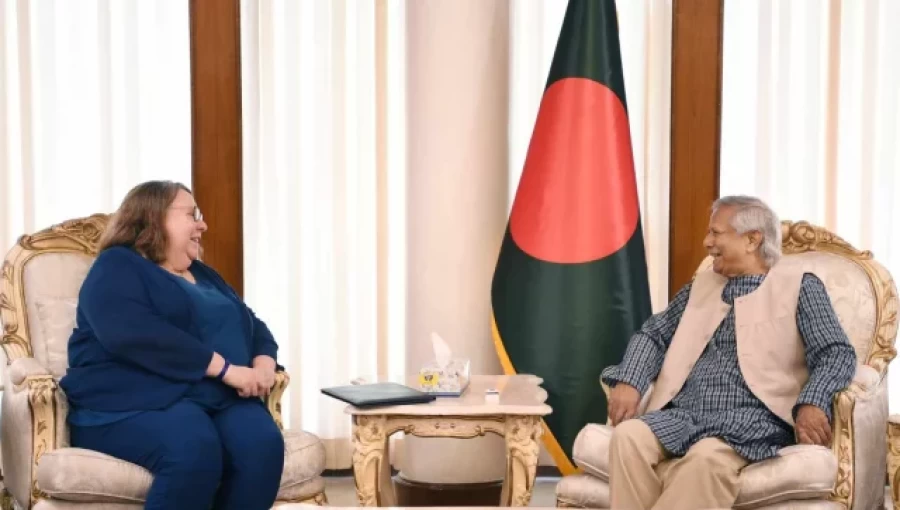
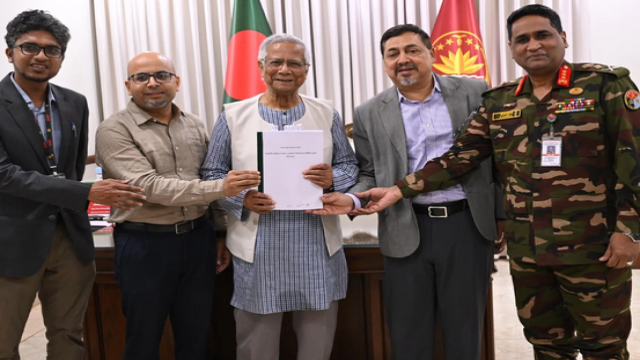
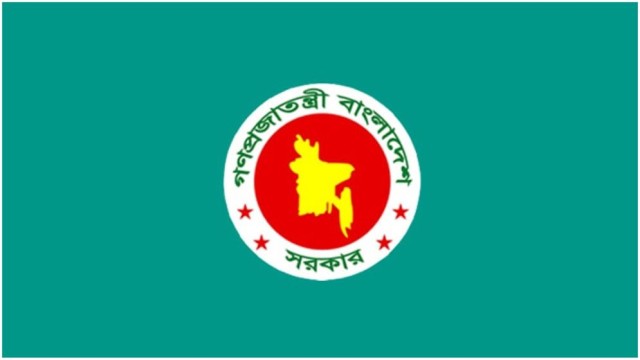
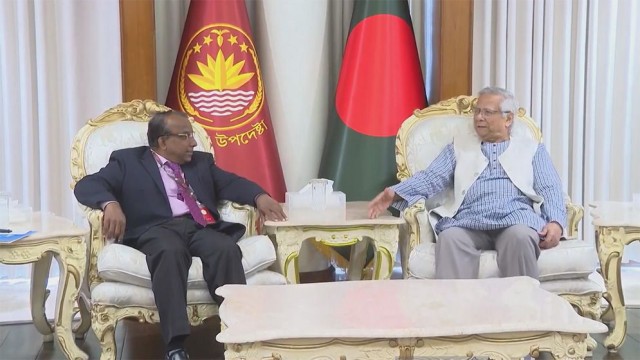
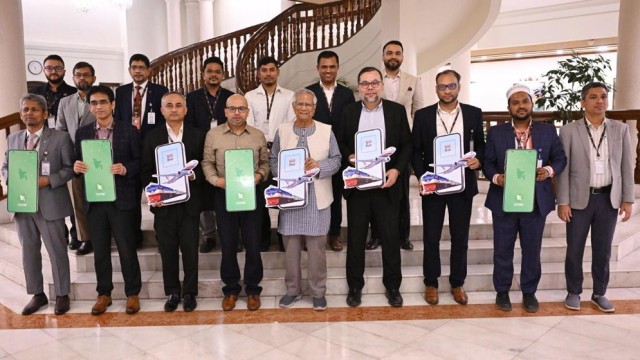
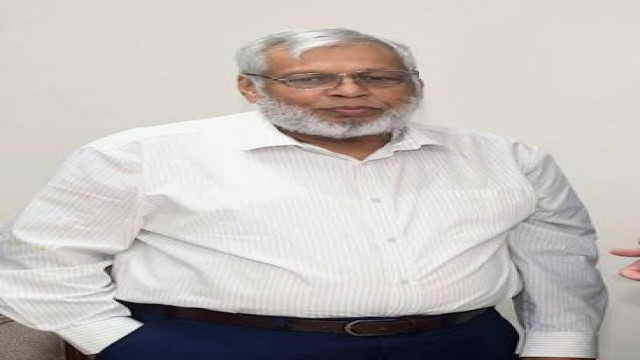
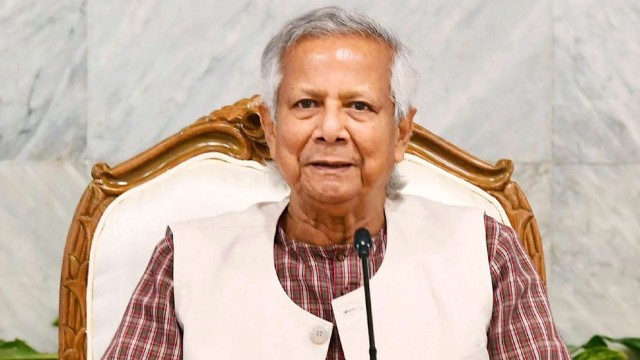
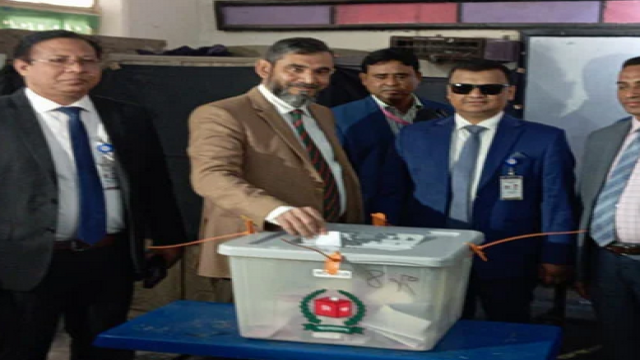
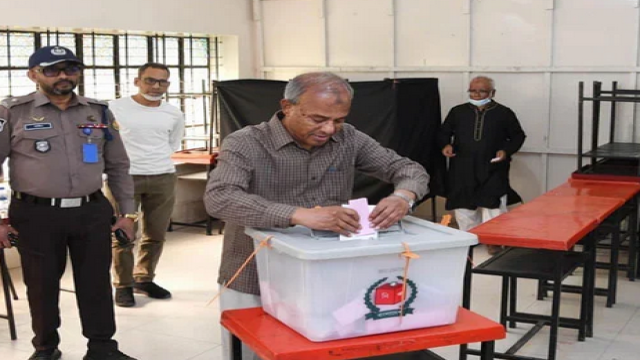
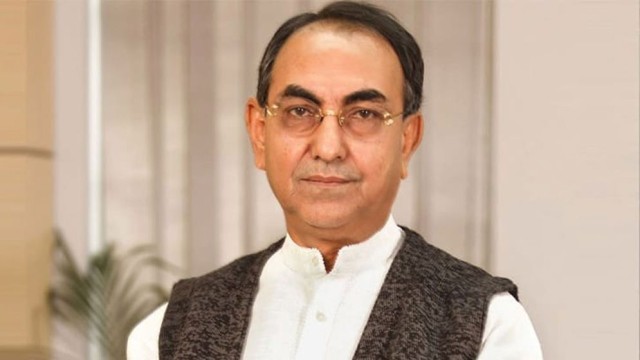
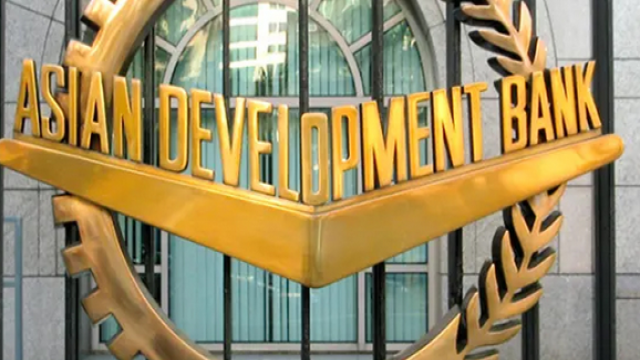
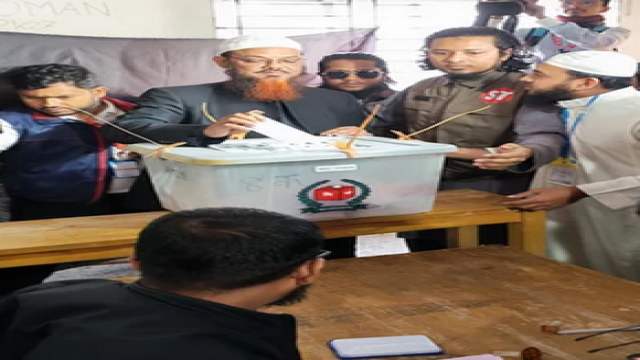
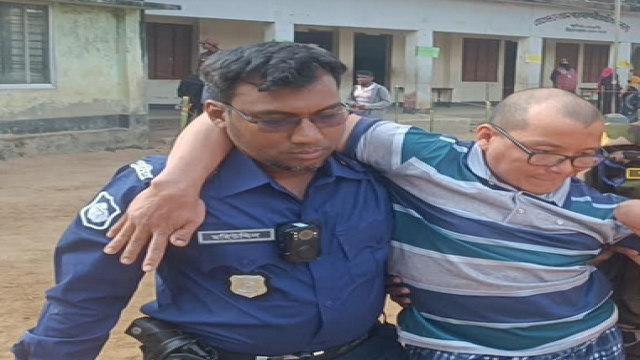
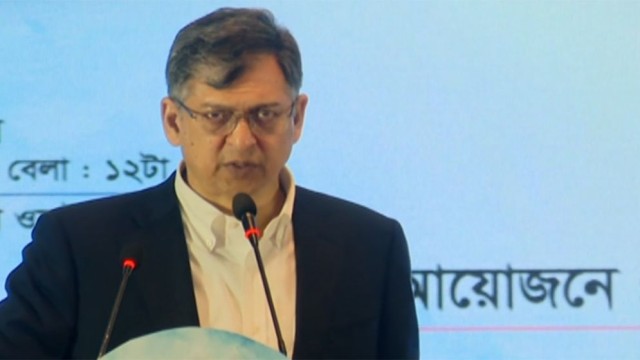


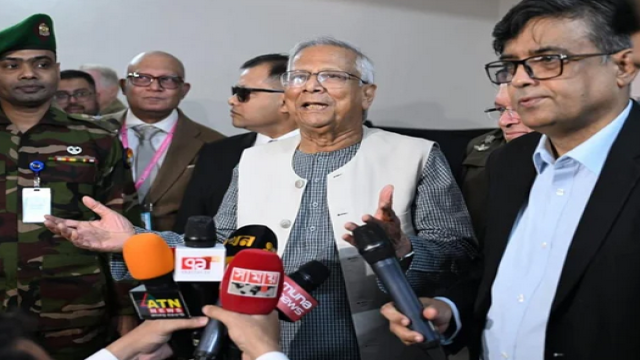











Comment: